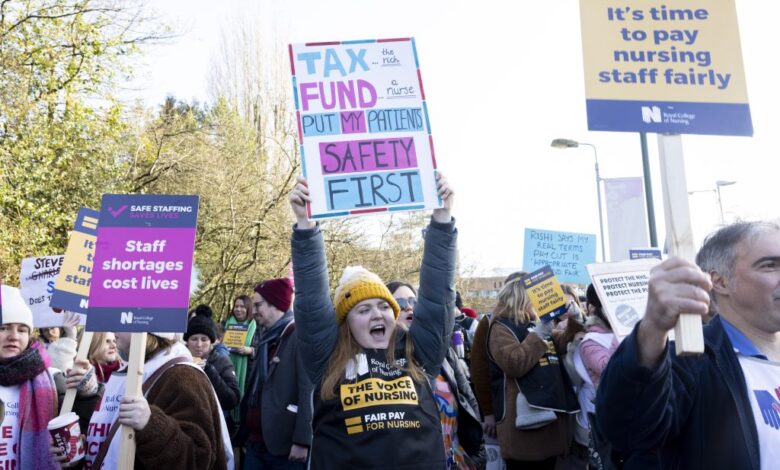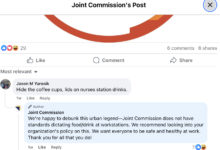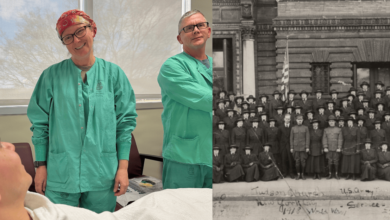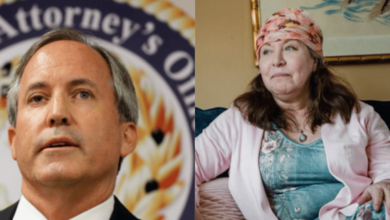Government revisits plan to let agency staff cover for striking nurses

The government has signalled that it intends to have another go at introducing plans that would allow employers to use agency workers to cover for nurses who are on strike.
Ministers have announced that they will, once again, look to remove restrictions that prevent businesses from supplying temporary agency staff to cover for striking workers.
It comes as the High Court ruled earlier this year that the government’s previous attempt at repealing the restrictions was “unlawful”, because ministers had failed to consult trade unions on the matter.
However, the government has said this week that it will launch a consultation on removing the restrictions again “in due course”.
In response, the general secretary of the Trade Unions Congress (TUC), Paul Nowak, said: “Agency recruitment bodies have repeatedly made clear they don’t want their staff to be used as political pawns during strikes, but ministers are not listening.
“Despite suffering a humiliating defeat at the High Court, they are bringing back the same irrational plans,” he said. “This is the act of desperate government looking to distract from its appalling record.”
The announcement came this week as the government laid out regulations in parliament that introduced minimum service levels in the ambulance service, rail and border security.
The move comes in spite of warnings from unions and employers that the plans were “unworkable”.
Under the new law, ministers have been given the power to impose new minimum service levels when industrial action takes place.
Under the legislation, employers will be able to provide work notices to employees who have voted to strike, meaning they will have to work to maintain the minimum service levels.
The legislation also means staff could face dismissal if they do not comply with their work notice on strike days.
These minimum service levels are currently only being applied to the ambulance service in the health sector.
However, the Department of Health and Social Care is also consulting on expanding the scope of the law to cover other urgent and emergency hospital-based services, which could include nurses and doctors.
The DHSC consultation on this potential expansion in scope is set to close on 14 November.
Responding to the new consultation, Mr Nowak said: “The crisis in our public services is of the government’s own making.
“Rather than engaging constructively with unions, they are attacking the right to strike,” he said. “These new laws are unworkable, undemocratic and almost certainly in breach of international law.”
Also criticising the development, Unison head of health, Sara Gorton, said: “This pointless move won’t solve a single problem in the NHS but it will create many more difficulties for everyone.”
Ms Gorton argued that introducing minimum service levels was a “desperate attempt to deflect attention from the government’s appalling record on the NHS”.
“The public wants ministers to cut waiting times, shorten delays and attract more staff to the NHS, not make an already dire situation significantly worse,” she added.
Meanwhile, the health and social care secretary, Steve Barclay, said: “While voluntary agreements between employers and trade unions can still be agreed ahead of industrial action, these regulations provide a safety net for trusts and an assurance to the public that vital emergency services will be there when they need them.
“We will continue to take steps to protect patient safety and ensure health services have the staff they need to operate safely and effectively, no matter the circumstances,” he said.







